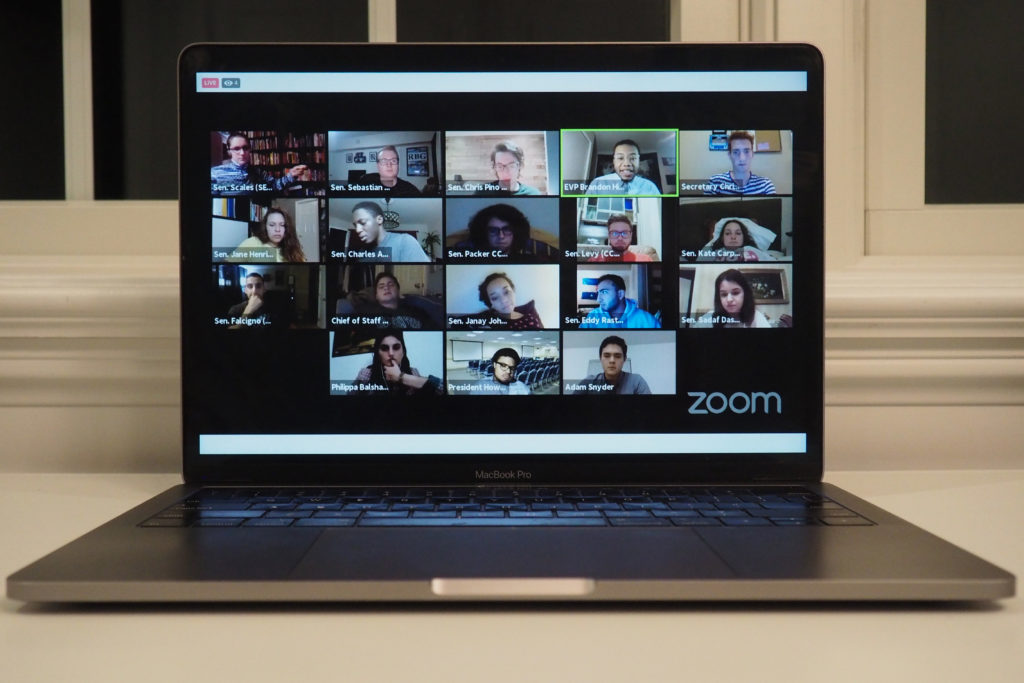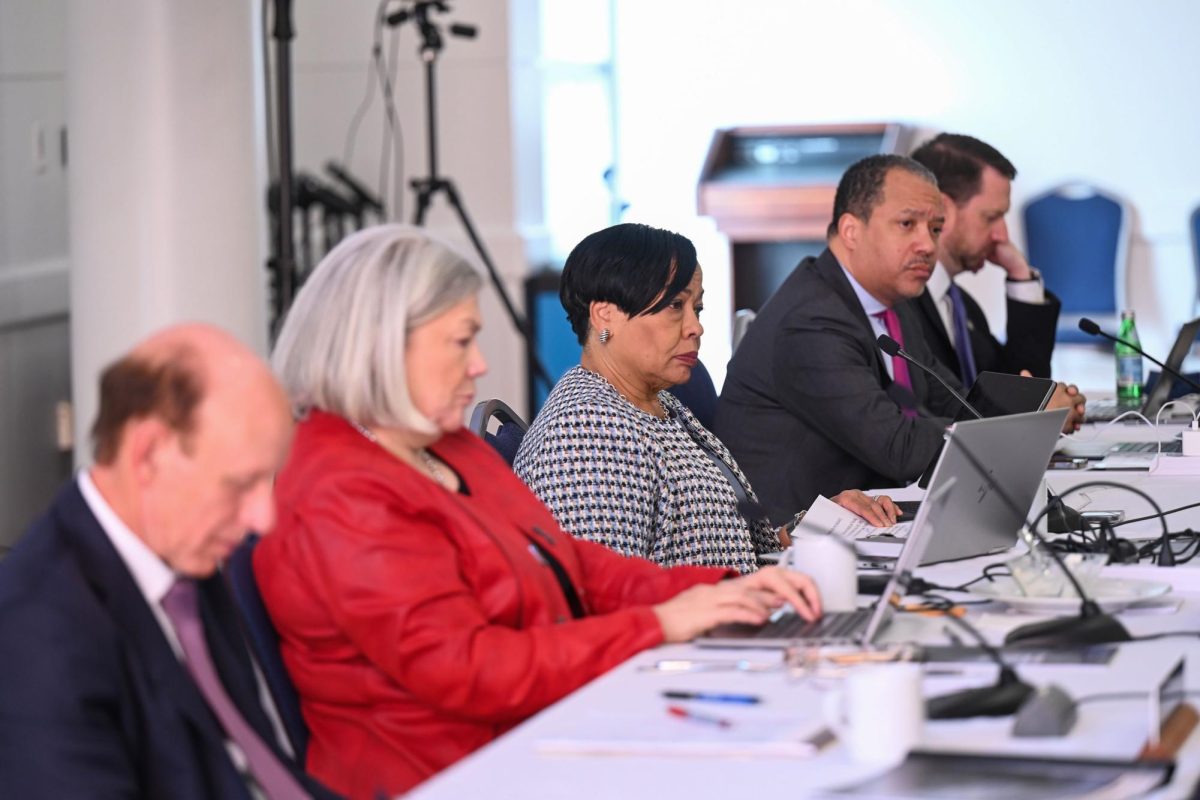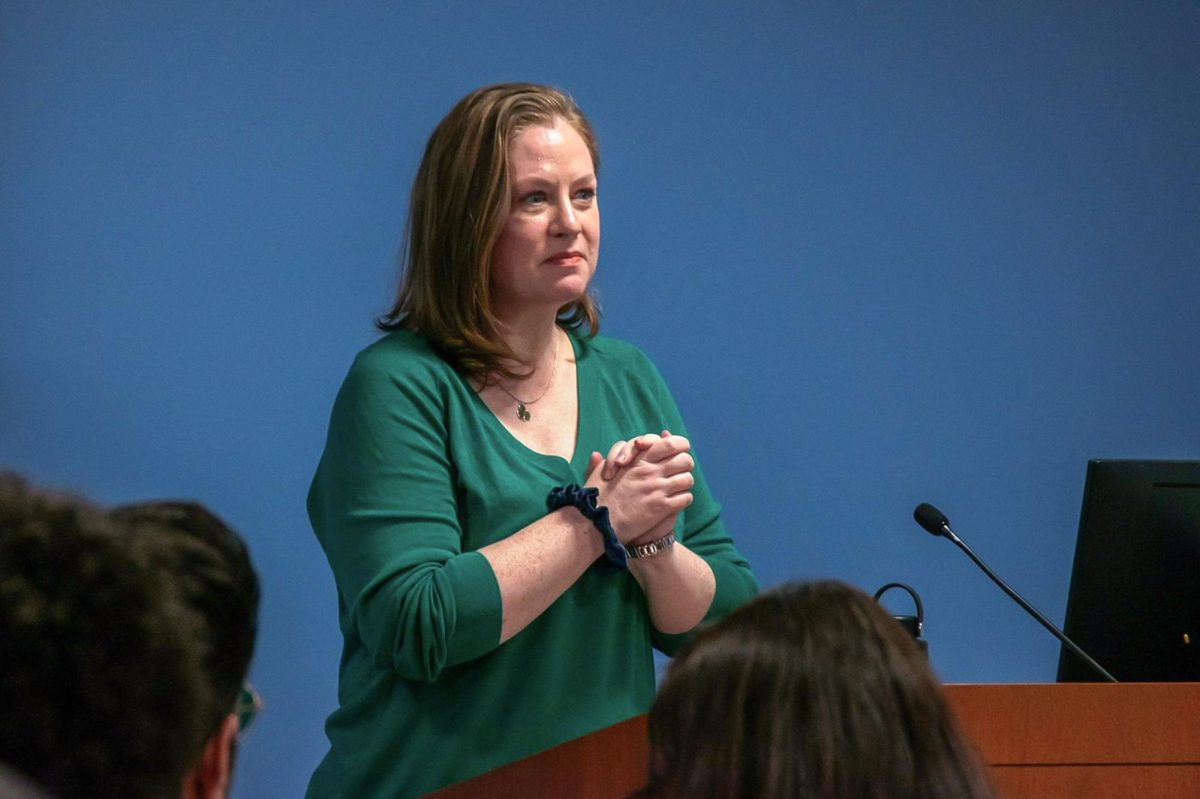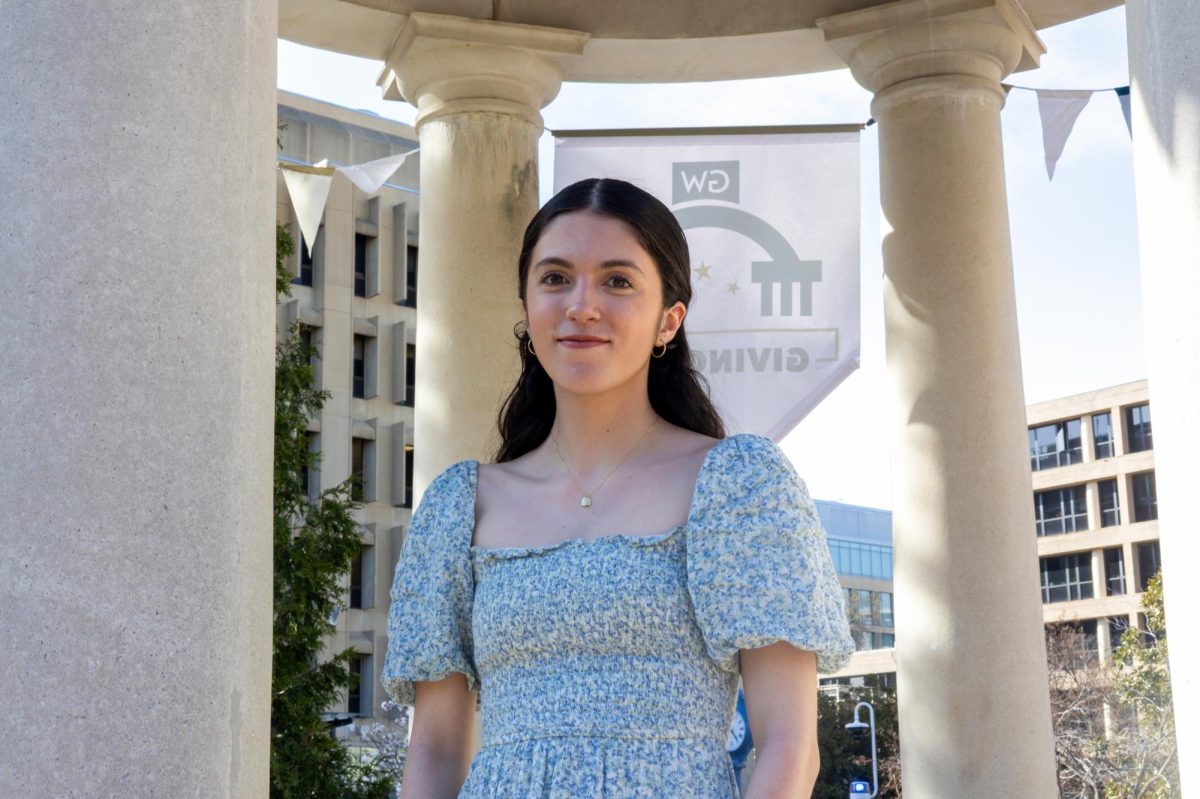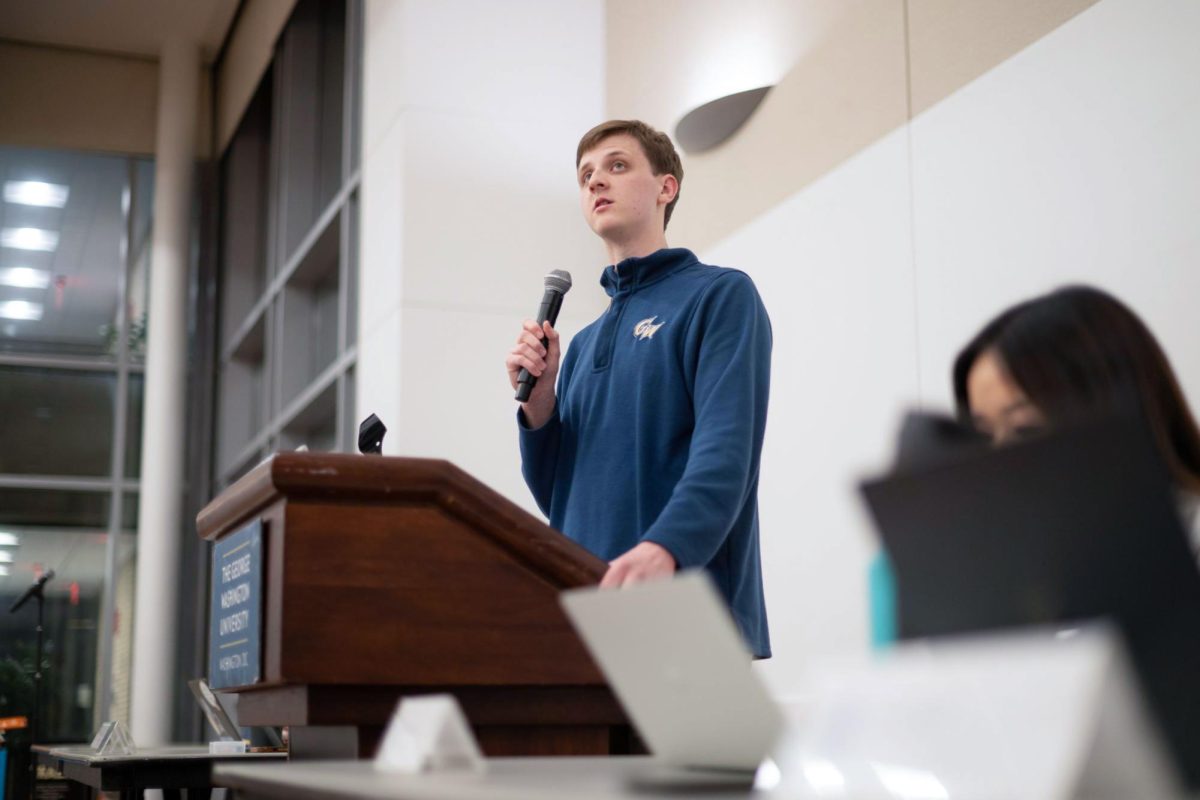The Student Association Senate criticized SA President Howard Brookins’ decision to call for University President LeBlanc’s resignation at its meeting Monday.
Senators discussed whether it was necessary to demand LeBlanc’s resignation before the organization meets with him at a retreat this weekend and asked Brookins why the senate wasn’t consulted about the executive order. Brookins said he was initially excited for LeBlanc’s hiring with the promise of improving fundraising and diversity efforts, but instances of racism, plans to reduce enrollment and scholarships and a move to end the University’s fixed tuition pushed him to release the order for his resignation.
“I have been in meetings where we have tried repeatedly to get moving on an issue and have been repeatedly stonewalled,” Brookins said. “You may think this position I am taking toward LeBlanc will impede the progress of the Student Association. I am telling you that LeBlanc is doing that already.”
SA senators questioned Brookins on his decision to release his executive order before talking with the senate, which could have also drafted legislation calling for LeBlanc to step down. They also discussed how this call will impact the SA’s advocacy for a Pass/No Pass policy this semester and questioned why Brookins added a “No Donate Pledge” to the order.
SA Sen. Thomas Falcigno, CPS-G, said he was “deeply disturbed” by how the executive order was released because members of the senate were not consulted on the matter before the announcement. He said Brookins should have included the senate on calls for LeBlanc to resign.
“Executive orders that have been used in the past to address emergency situations do not express the opinions of the executive branch and thus the SA,” Falcigno said. “Simply put, this use of an executive order in this manner, in my view, was a bridge too far.”
SA Sen. Sebastian Weinmann, Law-G, said he learned that gifts from the GW community cover academic programs, student life experiences and professional resources for students from spending more than three years working in the Division of Development and Alumni Relations’ student call center. He said 30 percent of the total cost for a student’s tuition is covered by donations from alumni, parents, faculty, staff and students, and the remaining 70 percent is paid for by students.
“I have seen opportunities lost when giving is low and opportunities gained when giving is high,” Weinmann said. “From need-based scholarships to professorships to student organizations to building renovations, the experiences of GW students rise and fall with GW philanthropy.”
Brookins said many pieces of legislation and meetings with LeBlanc have not resulted in progress so the SA must impact the University’s finances, the area he said the Board of Trustees is concerned about “the most.” He said he felt it was better to start “sooner rather than later” to address his stance on LeBlanc’s resignation to garner student support before the Board meets next month.
“I’ve had numerous conversations with multiple student orgs who have sometimes suggested they do not want to go public with their position because they fear retaliation,” Brookins said. “As president of the Student Association, I do not fear retaliation. I want to show that we are for the students, we take what the students want us to do and we put that into action.”
Senators also approved Phillippa Balshaw and Sadaf Dastan as first-year graduate senators at the meeting. Balshaw said she will use her time in the senate to work with textbook publishers to subsidize and decrease the cost of textbooks and increase graduate student resources through online newsletters and website updates.
“I’ve had ample experience working with a network of teams,” she said. “I love building and bouncing off of ideas of others, which is something that is vital to the success in the senate.”


